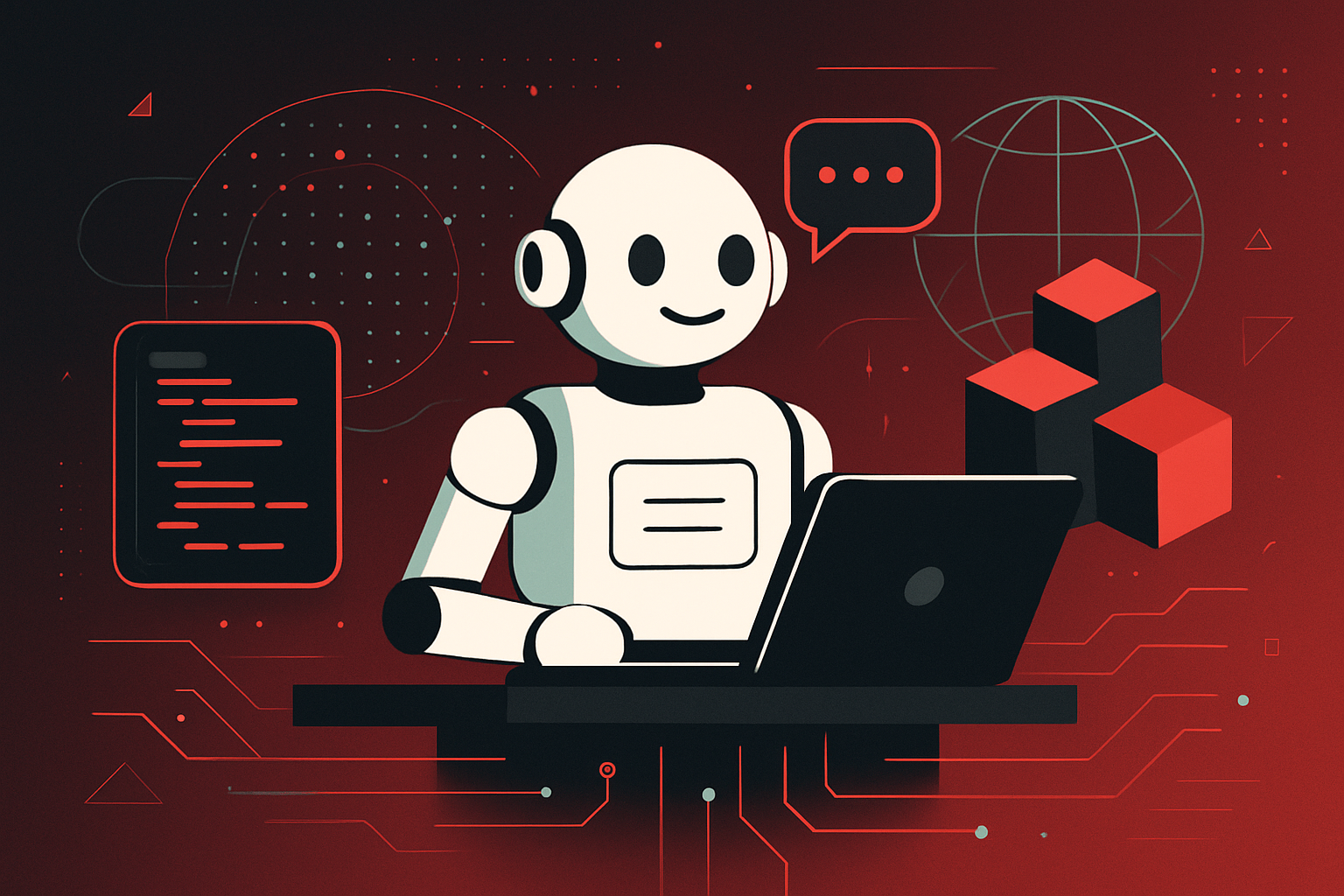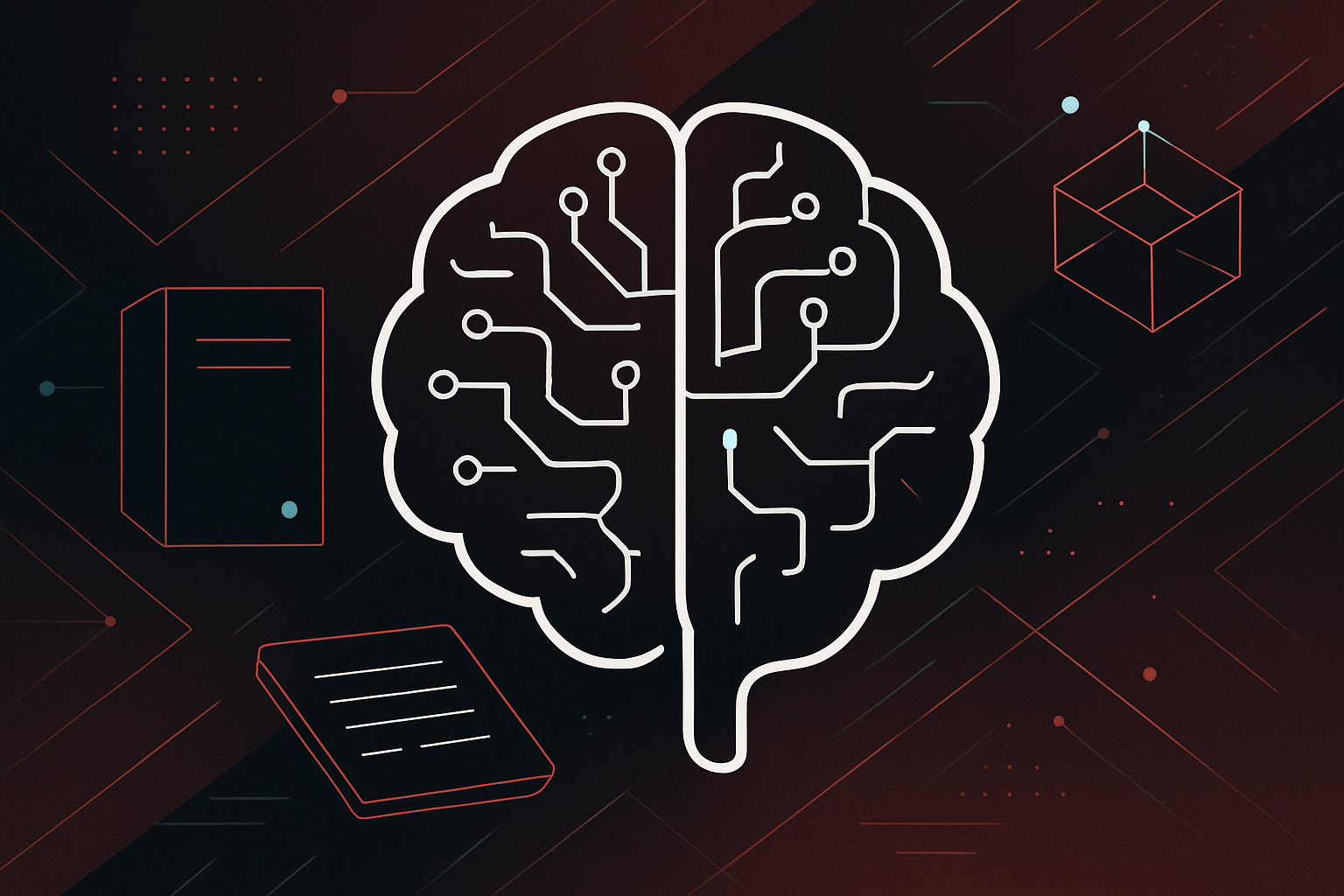AI in Healthcare: Opportunities and Ethical Challenges

Opportunities of AI in Healthcare
Enhancing Diagnostic Accuracy
AI technologies, particularly deep learning models, have demonstrated significant potential in improving diagnostic accuracy. For instance, convolutional neural networks (CNNs) have been trained to analyze medical images such as X-rays, CT scans, and MRIs. These models can detect anomalies like tumors and fractures with a level of accuracy that rivals or exceeds that of human radiologists.
Example:
– Dermatology: AI can classify skin lesions using image recognition algorithms. A study showed AI outperforming dermatologists in identifying malignant melanomas.
Personalized Medicine
AI facilitates personalized medicine by analyzing large datasets to identify patterns that predict individual responses to treatments. Machine learning algorithms can process genomic data to tailor personalized treatment plans, optimizing efficacy and minimizing adverse effects.
Table: Benefits of AI in Personalized Medicine
| Benefit | Description |
|---|---|
| Predictive Analytics | Forecasting disease progression and treatment outcomes. |
| Genomic Analysis | Identifying genetic markers for tailored treatments. |
| Drug Interaction Alerts | Recommending adjustments to avoid adverse drug interactions. |
Automating Administrative Tasks
AI-powered automation can significantly reduce administrative burdens in healthcare, such as appointment scheduling, patient data management, and billing. Natural language processing (NLP) can extract relevant information from unstructured data, streamlining document management and reducing human error.
Example:
– Chatbots: AI chatbots can handle patient inquiries, schedule appointments, and provide medication reminders, enhancing patient engagement and freeing up staff time.
Clinical Decision Support Systems (CDSS)
AI-driven CDSS provide healthcare professionals with actionable insights by analyzing patient data in real time. These systems can offer evidence-based recommendations, assisting clinicians in making informed decisions.
Code Snippet: Example of Simple Decision Tree for CDSS in Python
from sklearn.tree import DecisionTreeClassifier
# Sample data: [age, blood_pressure, cholesterol]
X = [[45, 130, 200], [50, 120, 250], [60, 140, 220]]
y = ['Low risk', 'Medium risk', 'High risk']
# Initialize and train the model
model = DecisionTreeClassifier()
model.fit(X, y)
# Predict patient risk
patient_data = [[50, 135, 210]]
risk = model.predict(patient_data)
print("Predicted Risk Level:", risk[0])
Ethical Challenges in AI Healthcare
Data Privacy and Security
AI systems require vast amounts of data, raising concerns about data privacy and security. Ensuring compliance with regulations like HIPAA (Health Insurance Portability and Accountability Act) is paramount to protect patient information.
Actionable Insight:
– Implement robust encryption and anonymization techniques to secure patient data.
Bias and Fairness
AI models can inherit biases present in training data, leading to unfair treatment of certain groups. For example, a model trained predominantly on data from a specific demographic may not perform well for others.
Table: Common Sources of Bias in AI Models
| Source of Bias | Description |
|---|---|
| Sampling Bias | Non-representative training datasets. |
| Measurement Bias | Inaccurate data collection methods. |
| Algorithmic Bias | Bias introduced by model design or feature selection. |
Accountability and Transparency
AI systems can be opaque, making it difficult to understand decision-making processes. This lack of transparency poses challenges for accountability, especially in critical healthcare decisions.
Actionable Insight:
– Utilize explainable AI (XAI) techniques to provide insights into model decisions and build trust with users.
Regulatory and Legal Implications
The rapid evolution of AI in healthcare outpaces existing regulatory frameworks. Establishing clear guidelines and standards is essential to ensure safe and effective AI deployment.
Actionable Insight:
– Collaborate with regulatory bodies to develop comprehensive AI governance frameworks that address these challenges.
Workforce Impact
AI adoption may alter workforce dynamics, potentially leading to job displacement. However, it also presents opportunities for upskilling and creating new roles focused on AI system management and oversight.
Actionable Insight:
– Invest in training programs to equip healthcare professionals with the skills needed to work alongside AI technologies.
Conclusion
Integrating AI into healthcare offers transformative opportunities but also presents significant ethical challenges. By addressing these challenges through careful planning, robust ethical frameworks, and continuous collaboration between stakeholders, AI can be harnessed to improve healthcare delivery and patient outcomes.





0 thoughts on “AI in Healthcare: Opportunities and Ethical Challenges”